Yemenis have been facing the consequences of the ongoing war that broke out in late March 2015. As a result, basic services have been disrupted and many people, especially children and women, are at risk of death.
Late 2018,24-year-old Amna Ali almost died without knowing that she was sick and infected with cholera.
Amna lives with her little daughter and elderly mother in a small house in Al-Dhale’e governorate. The house barely accommodates them. The walls are cracked like the souls of its inhabitants, who are afraid that the roof may fall on their heads at any moment. The cooking utensils are next to the room where they sleep, posing an additional risk to their lives.
Amna didn’t know about cholera and its symptoms. She didn’t know anything until she fainted suddenly in her house.
“I had diarrhea and began to vomit and then I fainted. I woke up in a health centre. I was told that I fainted, and some women took me there. I was embarrassed when I found out,” recalls Amna with embarrassment.
Amna did not know how and when she was infected with cholera. She could not answer the paramedics’ questions at the health centre when asked what she ate or where she drank water from.
Amna did not realize that the water she brought from the village was the reason behind her infection.
Amna’s recovery
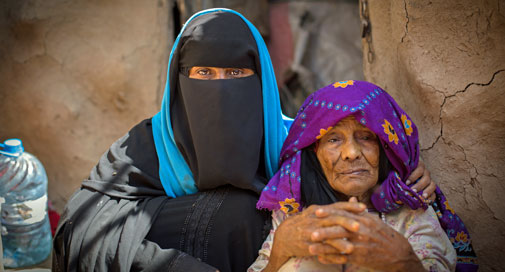
Amna was taken to the health centre where she was diagnosed and received appropriate first aid. After that, the health staff informed the Rapid Response Teams about Amna’s case.
Without delays, the Rapid Response Team members then went to Amna’s village and made house-to-house visits to educate people about cholera and provide villagers with chlorine tablets and hygiene kits.
Amna said that she heard about people who had the same symptoms but wasn’t aware about them or their implications. She only goes out to fetch water and then returns home. She did not know about cholera and how to protect herself.
She lives in her house and the war and its implications don’t enable her to establish good relationship with other women in the area. One can hear a tone of sadness in her voice when she speaks about being infected with cholera, but she becomes very happy when she talks about her recovery. “I felt better when I was admitted to the health centre” Amna added.
UNICEF and the World Bank launched a campaign to combat cholera and provided all the necessary funds and materials to the field teams that made house-to-house visits to chlorinate water as part of the Rapid Response Project to reduce the spread of the epidemic. It also established emergency operation centers to follow up the work of these teams in villages and sub-districts throughout Yemen.
These teams distribute hygiene kits to all residents and explain to families about cholera and how to use the hygiene items and chlorine to control the epidemic and prevent further infections.
After returning to her mother and daughter, Amna talked about the role and quick response of the teams who helped her: “They gave us soap and taught us the hygiene practices, water chlorination and how to kill flies,” Amna explains.
She is now living a normal and healthy life after surviving the deadly disease.
UNICEF, in partnership with the World Bank, has trained more than 1,700 members of the Rapid Response Teams. These teams belong to the Emergency Unit of the General Authority of Rural Waters Supply Project established to respond to cholera outbreaks in various districts throughout Yemen.
Source: UNICEF

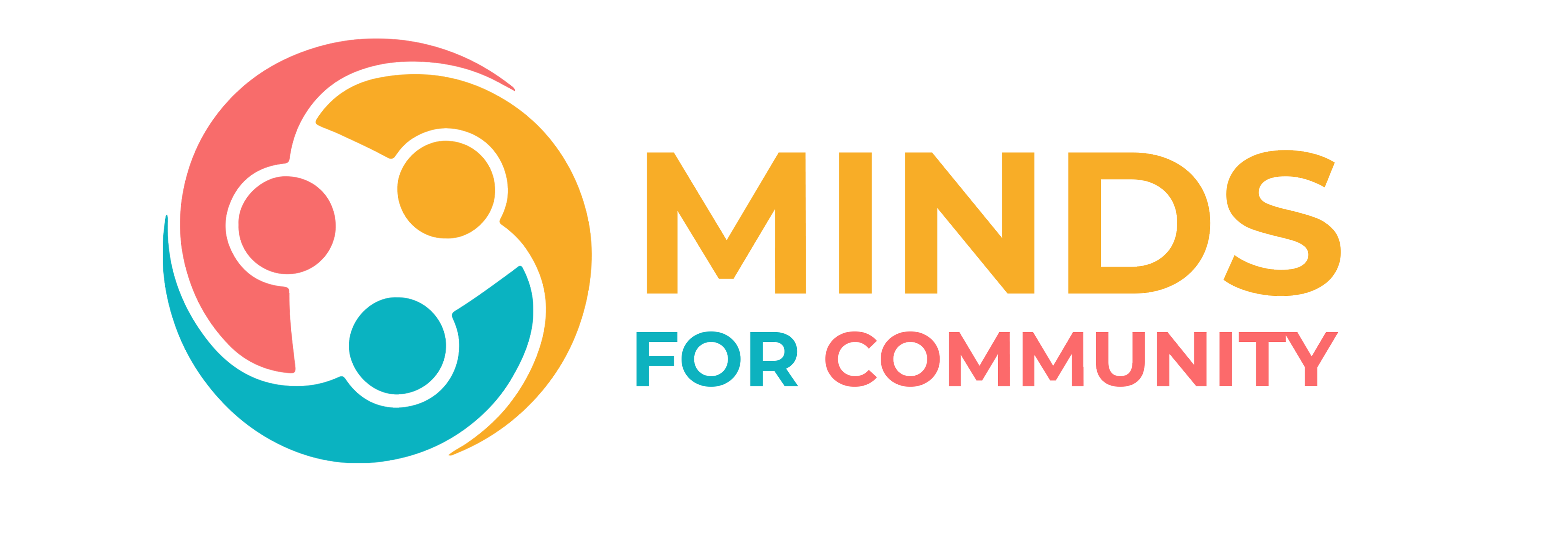
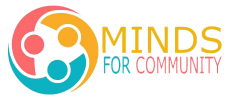
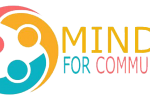
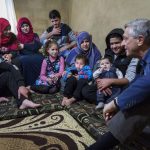

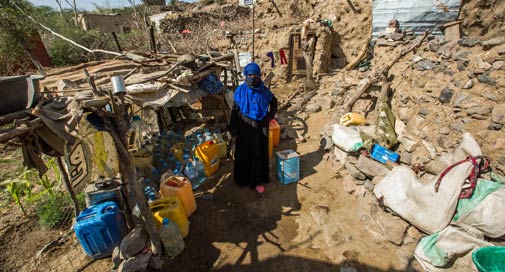

You must be logged in to post a comment.